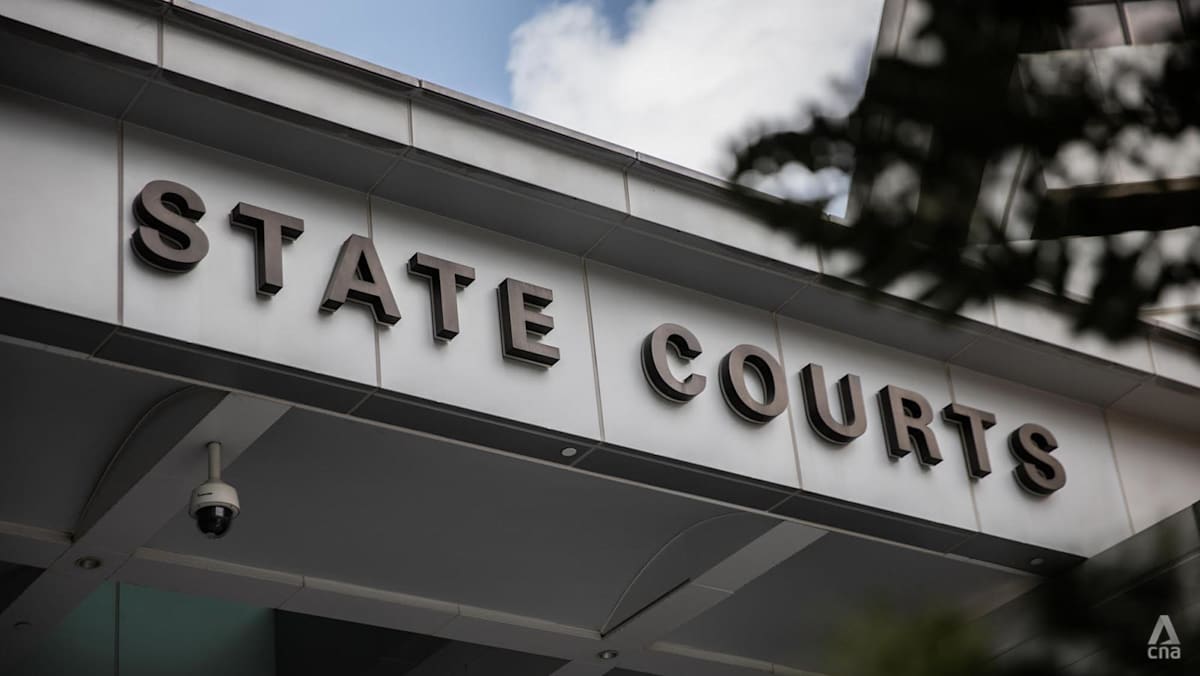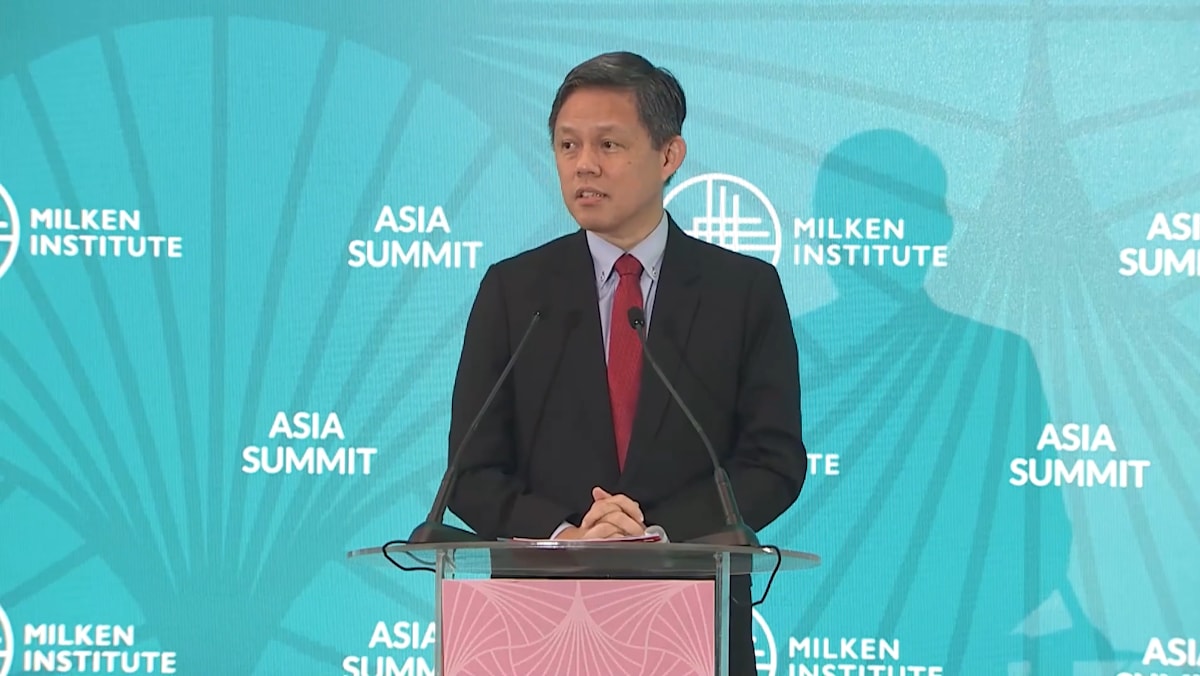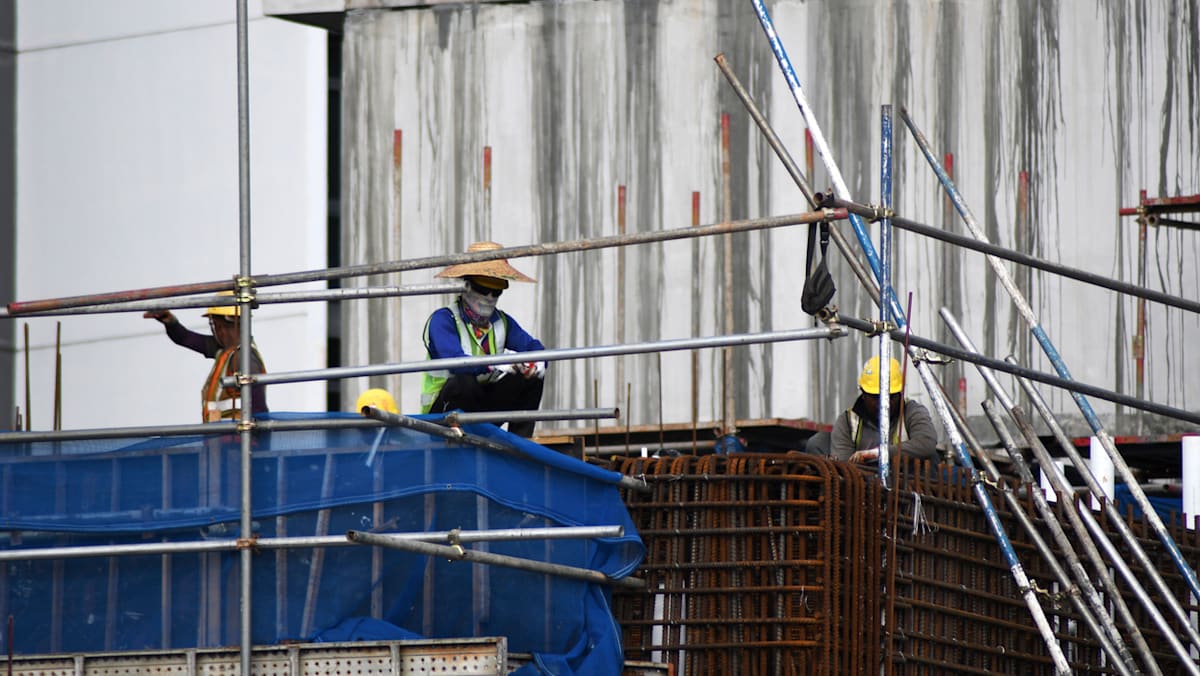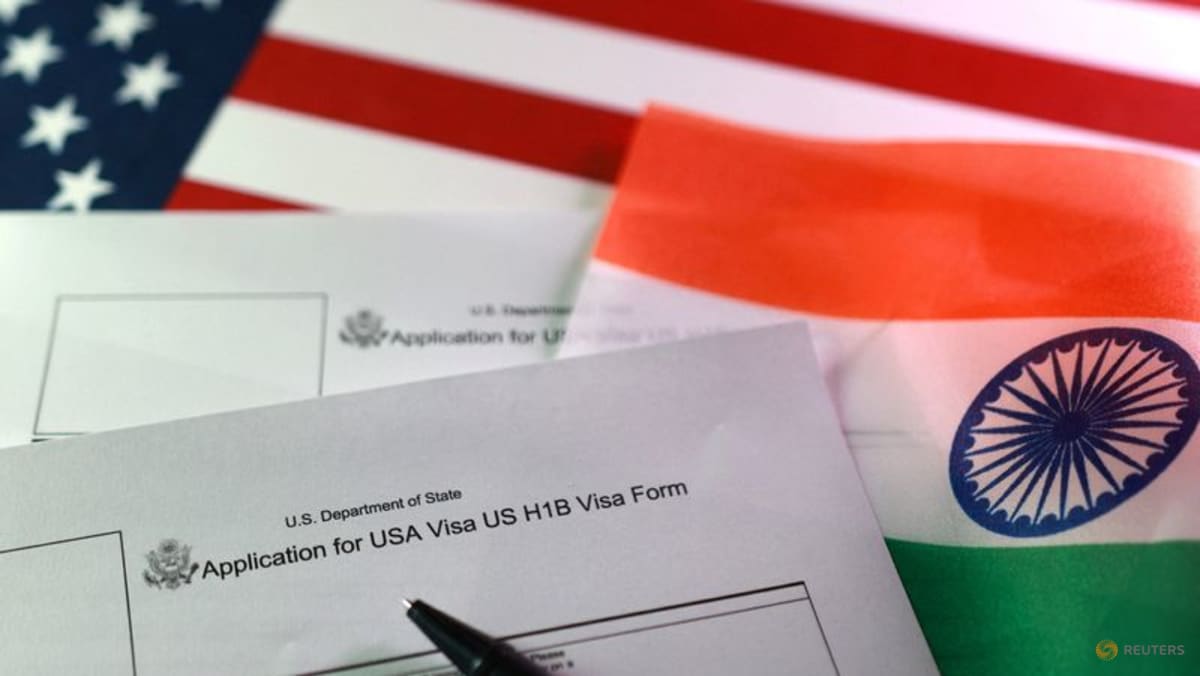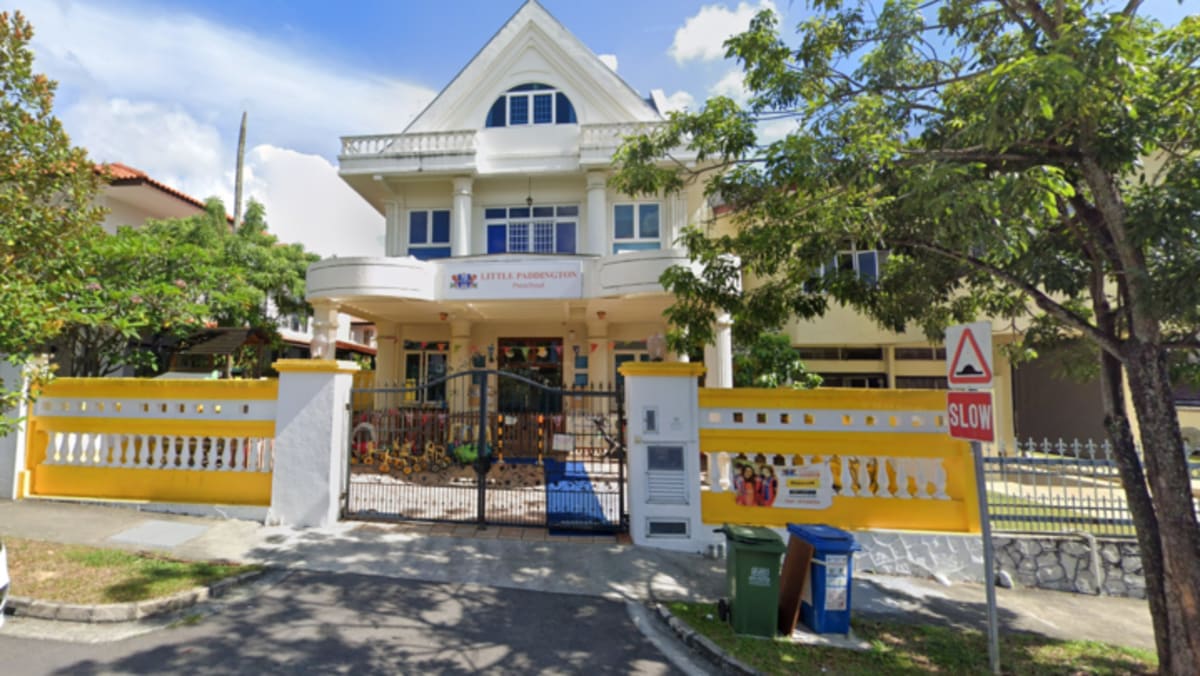SINGAPORE: We’ve all seen the headlines: Crystal Jade La Mian Xiao Long Bao closes after 20 years in Holland Village. Wala Wala Cafe Bar ends its 32-year run. Ang Yong Seh, the 65-year-old co-owner of Xin Ming Road Bak Kut Teh dies after working 18-hour days to pay off COVID-19 pandemic debts.
And in their shadow, a growing number of home-based food and beverage (F&B) businesses are flourishing.
As at June 2025, more than 150 F&B businesses in Singapore are operating out of residential properties, from Housing and Development Board flats to landed homes. From cafes like Knead Kopi in Bukit Timah to informal eateries like Little Social in Tanjong Pagar, these home-based players are popping up all over the island. Meanwhile, each week seems to bring news of yet another licensed F&B establishment closing.
Licensed F&B owners have voiced concerns of an uneven playing field, saying they shoulder high overheads, strict regulatory checks and multiple agency approvals, while many home-based operators face far fewer compliance obligations. They question whether current regulations are keeping up with the realities of Singapore’s F&B landscape.
THE WEIGHT OF COMPLIANCE
Before the pandemic, Ang Yong Seh's stall was struggling to meet monthly costs including S$9,000 in rent and S$4,000 in employee salaries. During COVID-19, daily revenue sometimes dropped to just S$100 a day. Over three years, this accumulated into more than S$100,000 in debt, even though he worked seven days a week, taking only four days off during Chinese New Year.
Kanada-Ya's parent company cited similar pressures when placing the ramen chain's Singapore subsidiaries under creditors' voluntary liquidation – “challenging conditions of Singapore's F&B sector, including elevated operating costs and soft consumer spending patterns”. Despite signature menu items like black garlic ramen that initially drew crowds, the chain couldn't survive.
As a former restaurant owner, I can tell you that licensed F&B outlets shoulder an enormous burden well before serving their first customer.
Rent in prime locations can exceed S$20,000 monthly. You don’t have to run a fancy fine-dining joint for fit-out costs to reach six figures. There are various regulatory requirements that businesses must meet, across agencies such as the Urban Redevelopment Authority (URA), Singapore Food Agency (SFA), National Environment Agency (NEA), Singapore Civil Defence Force (SCDF) and Building and Construction Authority (BCA).
On top of that, daily costs are compounded by things like utilities, safety inspections, staff training and wages, Central Provident Fund contributions, pest control, professional fees, regulatory delays, and so on.
THE HOME ADVANTAGE
Meanwhile, home-based food businesses operate in a seemingly parallel universe of minimal oversight.
Consider Lucky House Cantonese Private Kitchen, run by Sam Wong from an East Coast terraced house. Charging S$130 a person and booked solid until March 2026, this operation serves up to 30 diners a night, five nights a week.
That′s 150 paying customers weekly, generating just over S$1 million annually from a residential property that is neither licensed nor zoned for dine-in operations.
Any other business earning more than S$1 million annually would be required to register for Goods and Services Tax (GST), report taxes quarterly and comply with a range of regulatory obligations. Operating as a home-based business exempts F&B players like Lucky House from SFA licensing, regular inspections and the full weight of commercial regulations.
The regulatory blind spots extend further.
In June, Raymond Leong, who runs Peranakan home-dining business Ampang Kitchen from a semi-detached house, admitted he was unaware that domestic helpers are not allowed to assist with home business activities.
This is a fundamental misunderstanding of employment law that licensed establishments would never be permitted to ignore.
PLAYING FIELD MUST BE LEVELLED
Singapore has gained a reputation for being a country of regulations. We’ve also gained international admiration as a food haven blending multicultural identity and innovation.
So when we lose local F&B players, we lose pieces of the Singaporean story as well as the physical spaces where our shared culture lives and breathes.
The current regulatory framework may be well-intentioned, but we must be careful that it doesn’t undermine F&B players’ ability to survive, let alone thrive.
I know this strain intimately. When I ran the now-defunct Jekyll & Hyde in Tanjong Pagar, we encountered unexpected zoning restrictions that resulted in a temporary shutdown, despite repeated efforts to comply with requirements.
My experience is but one example of how navigating the ins and outs of compliance can be a significant source of financial strain. For smaller F&B operators especially, each round of clarification or modification can translate into lost revenue, disrupted staffing and uncertainty over long-term viability.
It may be worth considering if the industry needs a tiered regulatory framework that scales requirements according to business scope and impact.
Similar to how GST registration is tied to each business’s revenue thresholds, perhaps it would be more useful to require small-scale F&B operations to comply with lighter or fewer regulations. Businesses serving significant numbers of customers or generating substantial revenue could face tiered requirements for licensing, safety compliance and zoning adherence – standards according to scale.
It would also be a great help to see more government intervention in the problem of rising rents. For instance, could the authorities collaborate with landlords on rent stabilisation mechanisms, or co-invest in public space activation to boost foot traffic?
The goal of this would not be to prop up underperforming businesses, but rather to preserve a vibrant F&B ecosystem where players with proven track records don't collapse under avoidable constraints.
It seems only fair to expect that regulations don’t inadvertently favour one group over another. More importantly, they shouldn't place an undue burden on businesses that are already making every effort to comply with both the spirit and letter of the law.
Chua Ee Chien is commercial director at TOKEN2049 and SuperAI. Up until 2024, he was the co-owner of the now closed F&B establishments Jekyll & Hyde, Graft and Operation Dagger.




